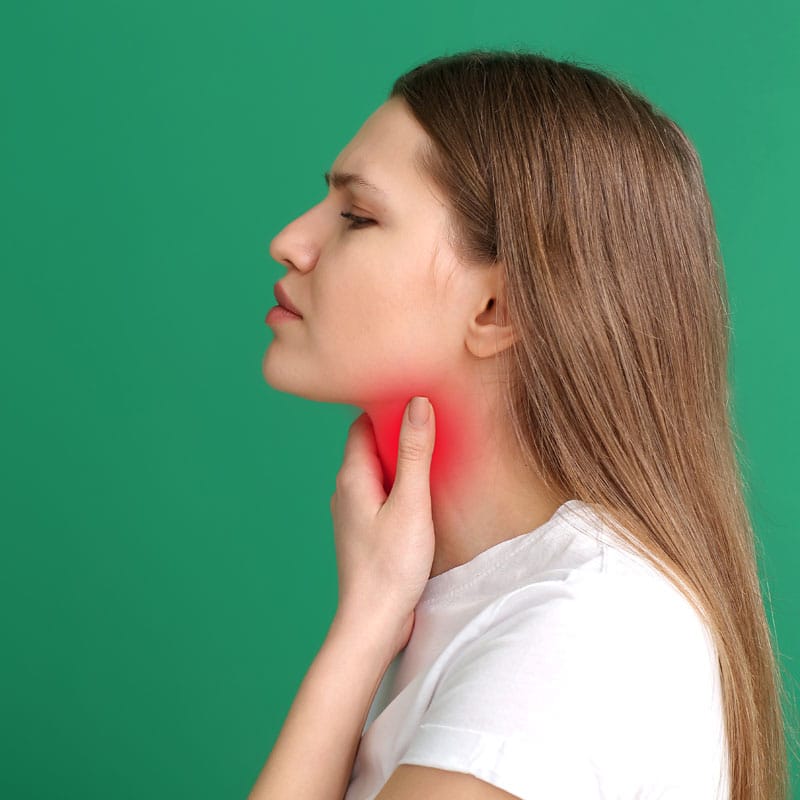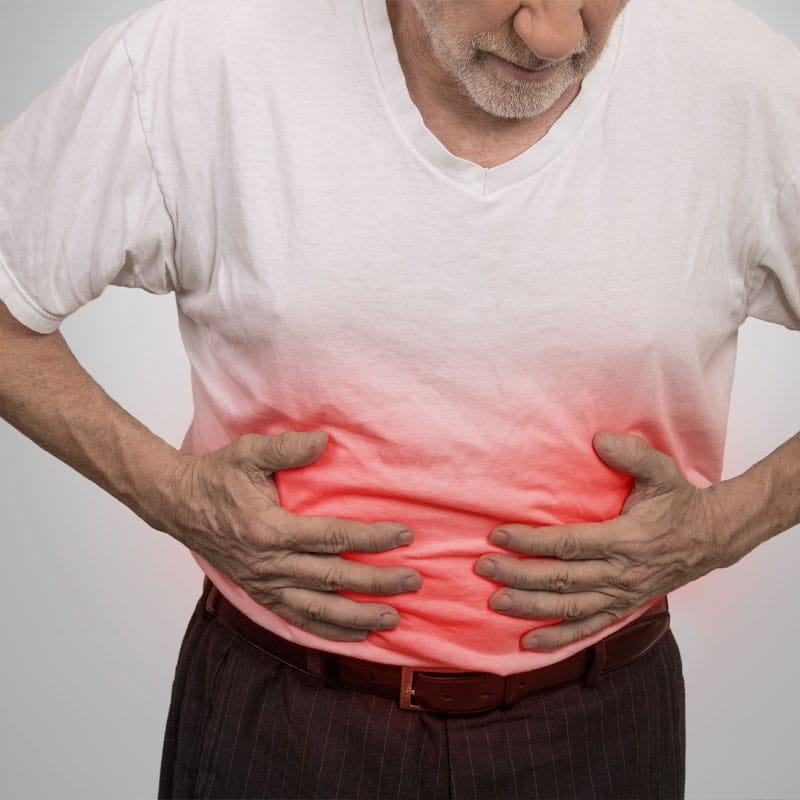Fibroids are muscular tumors that develop in the walls of the uterus. These tumors are typically not cancerous. A woman...
Mood Disorders
Try our Holistic Approach. Feel Good.
What are Mood Disorders?
A mood disorder is characterized by abnormalities in a person’s emotional state. It encompasses several psychological disorders, including bipolar disorder and depression. The patient’s emotional state is often inconsistent with their circumstances. There are many things that can cause a mood disorder, including psychological and physiological issues. In addition to bipolar disorder and clinical depression, there are two other mood disorders. These are cyclothymic disorders and dysthymic disorders.

Cyclothymic Disorders
Cyclothymic disorders cause ups and downs similar to a bipolar disorder; however, the ups and downs are not as extreme. During the high phase of this disorder, patients may experience euphoria, inflated self-esteem, aggressive behavior, agitation, risky behavior and racing thoughts. During the lows of this disorder, patients may experience suicidal thoughts, sleep problems, fatigue, hopelessness and loss of interest.
Dysthymic Disorders
Dysthymic disorder is a chronic form of depression; however, it is not as severe as clinical depression. During episodes of dysthymia, patients may experience sadness, fatigue, hopelessness, irritability, poor appetite and feelings of guilt. In children, symptoms can include poor social skills, low self-esteem, poor educational performance, ADHD and learning and developmental disorders in addition to the symptoms listed above.
Bipolar Disorders
Many people call bipolar disorder a manic-depressive disorder because it is associated with intense mood swings. Patient’s mood swings can occur a couple of times each year or they can happen several times each day. Additionally, some patients may experience depression and mania at the same time. Symptoms of bipolar disorders are similar to cyclothymic disorders; however, the symptoms are more intense.
Clinical Depression
Clinical depression affects how patients think, feel and interact with others. Many sufferers have trouble doing day to day tasks and may think life is not worth living. Clinical depression is much more than a few days of feeling sad. Patients suffering with depression may feel an emptiness that cannot be filled, experience appetite changes, have thoughts of suicide, suffer with physical pain and can no longer find pleasure in activities that they once enjoyed.

Causes of Mood Disorders
Physicians do not know the exact cause of a mood disorder; however, researchers have found that changes in the brain occur during a mood disorder. Some patients exhibit changes in serotonin levels, dopamine levels and norepinephrine levels in the brain. These neurotransmitters send signals to the synaptic passages in the brain that controls emotions. Additionally, traumatic events can cause a mood disorder. During a traumatic event, the mind utilizes any means necessary to cope with the event. Oftentimes, a traumatic event can change the chemical makeup of the brain.

Risk Factors for Mood Disorders
One of the primary causes of mood disorders is alcohol or drug abuse. The toxic substances can cause changes in the brain, which can result in mood disorders. These drugs include opioids, sedatives, hallucinogens, amphetamines and cocaine. These substances can cause a variety of mental disorders, including clinical depression and bipolar disorder.
Family history, sleep disorders, traumatic events and medications can also cause mood disorders. The term mood disorder encompasses mild depression, seasonal affective disorder (SAD), anxiety as well as bipolar disorder and clinical depression. Patients with mood disorders have inconsistent moods, such as mania and hypomania. During a manic stage, patients will exhibit feelings of euphoria, impulsiveness and racing thoughts. During hypomania, patients may feel fatigued, depressed and have suicidal thoughts.

Treatment Options For Mood Disorders
Prescription medications – There are several medications that can help ease the symptoms of anxiety disorders, including antidepressants, low dose antipsychotic medications and anticonvulsant drugs.
Functional Medicine – Our functional medicine practitioners do a comprehensive evaluation and will evaluate your symptoms and help identify the root causes of your mood disorders. We will work with you to help develop a holistic approach to address your physical and emotional ailments.
Homeopathy – Homeopathy uses elements in nature to help heal the body, mind and spirit through minuscule, diluted doses. Homeopathic remedies for anxiety can help ease nervousness without any harmful side effects or addictions. A recent study found that homeopathic treatments can improve social phobias and panic disorders in sixty percent of its participants.

Find out if Rose Wellness is perfect for you
Call us at (833)767-3935 or schedule a free call
with one of our health care advisors.
Explore Our Blog
How to Balance Hormones for Weight Loss
Are you having difficulty losing weight even when you cut your calories, follow a weight loss diet, and exercise regularly?...
Tips To Manage Menopause Symptoms Naturally
Menopause is a transitional time in a woman’s life. During this transition, numerous things happen in a woman’s body. You...
The Toxicity Questionnaire helps evaluate symptoms that may be the underlying cause of illnesses.
Hypothyroidism Natural Treatment Options
Thyroid disorders can occur in many forms, but hypothyroidism is one of the most common. Symptoms of hypothyroidism are varied...
5 Causes of Low Sex Drive in Women
Sexual satisfaction is an integral part of a woman’s physical and mental health. Throughout a woman’s life, her sexual desire...
6 Signs of Low Progesterone Hormone
Progesterone is a hormone made in the adrenal cortex and the ovaries of women. Progesterone, a sex hormone, is involved...
7 Symptoms of Estrogen Dominance
Women must navigate varying hormonal imbalances and changes throughout their lives. From puberty to pregnancy, perimenopause, and menopause, fluctuations in...
Symptoms of High Cortisol & Natural Ways to Lower Cortisol Levels
The term cortisol has been in the news a lot lately. If you are like most people, you have heard...
Graves’ Disease Symptoms & Risk Factors
The most common cause of hyperthyroidism is Graves’ disease. This disorder can affect the liver, bone, heart, eyes, skeletal muscles,...
Natural Remedies for Stomach Gurgling
Stomach gurgling can help you determine exactly what is going on in your body. Stomach gurgling is described as the...
Early Signs of Multiple Sclerosis
Multiple sclerosis occurs when the immune system becomes confused and begins attacking healthy tissues that cover nerve fibers in the...












